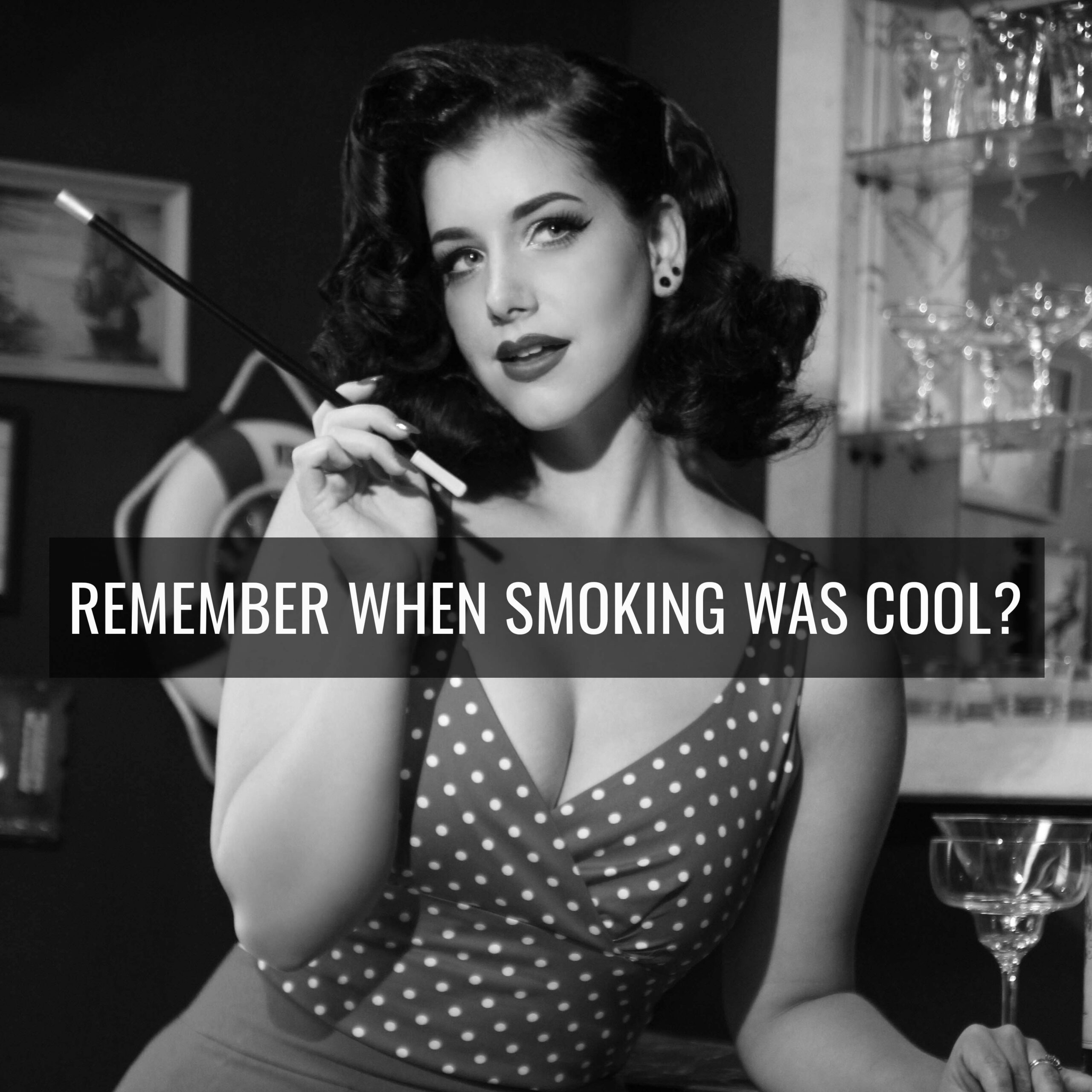Changing Trends in Female Substance Use

A Glaring Truth: The Normalization of Heavy Drinking Among Women
Whether we recognize the drawbacks or not, we are currently stumbling our way through an era of normalized drinking, a glaring truth that might create a moments’ pause when we consider that alcohol is about the only drug we have to justify NOT using. In fact, it has become so socially acceptable to drink that it’s more disconcerting to many to find out that someone is a non-drinker. This societal norm isn’t a new phenomenon, but what is increasingly worrisome is the increased normalization of alcohol consumption when it comes to women.
It might be hard to believe, but today, alcohol is marketed to women much the same way that cigarettes were advertised nearly a century ago. In 1968, Virginia Slims launched a catchy slogan to boost cigarette sales: “You’ve come a long way baby” spoke of women’s liberation and was paired with cigarettes marketed towards women. Soon enough, smoking (of Virginia Slims in particular) was a sign of freedom from oppression. The risks associated with smoking are now well known and commonly accepted, and while smoking remains a health concern for many, alcohol seems to be the problematic health trend that slips under the radar much more quietly in these modern times.
Between 2002 and 2013, high-risk drinking rose overall by 29.9% and amongst women, increased by 58%. Yet this statistic doesn’t account for a trend researchers have coined ‘problem drinking’. Problem drinking is considered to be drinking habits that cause recurrent and significant problems in one’s life, and also includes alcohol dependence. Amongst women, this type of alcohol dependence and abuse rose by 83.7% during this time period.
Has the glamorization of alcohol made us forget its consequences?
Movies and television shows don’t make the coming-to-light of this new vantage point any easier. Our favourite characters use alcohol in a sexy, playful, and powerful way. From Sex and the City to Scandal, alcohol gains a whole lot of attractive associations. Even the wine glass industry has benefited from this. Sales of the Crate and Barrel balloon glasses that Olivia Pope in Scandal uses to nurse her beloved red wine quadrupled in sales the year the show debuted. They quadrupled again the following year and continue to increase.
There’s no gender equality when it comes to drinking.
We have all heard about the well-studied risks associated with alcohol – for both men and women. As it pertains to females, research suggests that women are more susceptible to certain health conditions associated with alcohol than men, even when the results are adjusted for weight. Studies also clearly indicate that women who drink have a higher risk of developing breast cancer. But regardless of being male or female, the research available to us points to the glaring yet inconvenient truth that we need to drastically reduce how much we consume.
Isn’t it time we cut down?
So what do we do when excessive alcohol consumption has become this normalized? The first step to effectively addressing anything is to gain awareness of it. Starting to see through the subtle messaging that is pervasive in our culture empowers us to act in accordance with ways that are better for our wellbeing. It’s not always easy at first, but over time we find that breaking through habitual and normalized patterns becomes more natural. It is possible, through continual self and societal awareness, to form new habits that promote our holistic health and wellbeing.
[Editor’s Note: The author of this post is a content contributor to Alavida, and this contributor was paid for their writing. The opinions, views, results and experiences are theirs alone.]
Access the ALAViDA TRAiL app.
 Gillian Sanger is a yoga and meditation teacher, holistic nutritionist, and creative non-fiction writer. Committed to self-inquiry and to meditation in its many forms, she practices living life in alignment with the natural world, both inside and out. She seeks guidance and direction from her heart and from her highest self, strengthening her knowledge and intuition through her personal spiritual practice and through the written word.
Gillian Sanger is a yoga and meditation teacher, holistic nutritionist, and creative non-fiction writer. Committed to self-inquiry and to meditation in its many forms, she practices living life in alignment with the natural world, both inside and out. She seeks guidance and direction from her heart and from her highest self, strengthening her knowledge and intuition through her personal spiritual practice and through the written word.